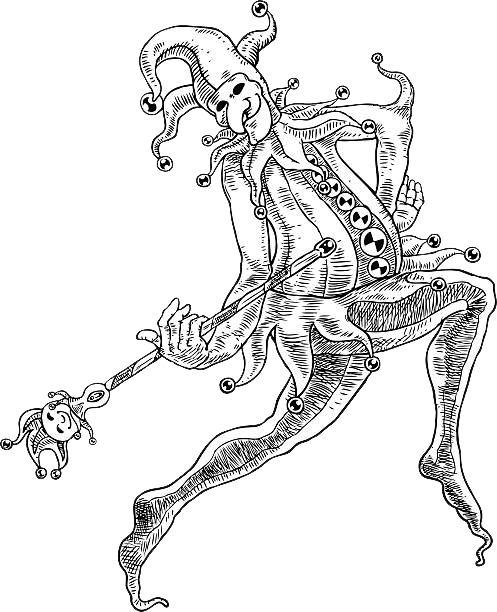2.3
Practice Makes Perfect
Practice Makes Permanent
Many of our listening habits are the result of ear training. To accept musical relationships and idioms as consonant they first must be familiar. This requires prolonged exposure over time and, in a formal domain, it takes practice and training. To achieve this at a cultural scale this requires a remarkable amount of exposure and endurance. Many 20th century composers spent their entire careers developing musical systems that rejected the tyrannies of inherited tonal systems established in the preceding centuries often at the peril of their careers. With the rapid coalescence of deep learning, platform preference analytics, and behaviorism formalized into user experience design it seems that altering culture doesn't take nearly as long as it used to. Training, whether embodied in musical practices, data modeling, or cultural engineering, still requires time and repetition to modify behavior. However, shifting the Overton window in mediated environments requires a nominal amount of uptake time for normativity to emerge.
Any dedicated musician knows that they need to be careful not to practice the wrong thing. The colloquialism “practice makes perfect” is actually a stark misnomer with potentially negative consequences. It should more accurately be modified to “practice makes permanent.” Everything is practice. Habits are formed when repeated over time. Whether in the rehearsal studio or data center it doesn’t matter whether the habits are ‘good’ (true), ‘bad’ (false), or inert (neutral) they are computed into the model of the musician or the algorithm. This is what happens when we train. We cannot afford to form bad habits when we train these algorithms.
As these systems are designed and developed we need to be exceedingly cautious that we aren't using the models to retrain ourselves and our social relations in ways that undermine our agency. These prediction methods supplant rationality with efficiency. Since subverting the rational mind is axiomatic to the current paradigm of attention economics it is imperative that we define healthy metrics for cultural tuning outside of consumer preference optimization.
Austrian economist Ludwig von Mises’ notion that the unknown information in the world can only be excavated by the market50 has been embedded itself into deep learning data analytics. The neoliberal notion of the Market, as the singular super-information processor, positions the individual’s desires as the engine of creativity. This fracturing account of association systematically disables our ability to create common goals or problems. Supplanting humans’ sense of interconnectedness with transactional game-theoretical relations fundamentally undermines our ability to coordinate for the types of species-wide issues that we are imminently facing [e.g. ecological meltdown, precarity in transnational markets growth projections, refugee crises, etc.]. By placing the onus on the individual rather than the cultural or commercial institutions we absolve firms of proper accountability for pernicious outcomes in the public domain. If you’ll allow another outlandish sonic metaphor, this is similar to billions of simultaneous wankery guitar solos not playing in concert. When deep learning is subjugated by market dynamics it is unrealistic to expect that utility maximized consumer behavior will steer our culture to feasible explications for the impending existential and extinction crises.
It is abundantly evident that under the current paradigm our culture is rehearsing for optimal market efficiency and utility maximization. This is the musical equivalent of practicing for solo recitals rather than rehearsing as an ensemble. Perhaps by developing systems that make use of reinforcement learning that orbit around common species goals we could change the tune and begin to play in concert.
50 “Nonparametric von Mises Estimators for Entropies, Divergences and Mutual Informations | Carnegie Mellon” https://www.cs.cmu.edu/~bapoczos/articles/kandasamy15NIPS.pdf
